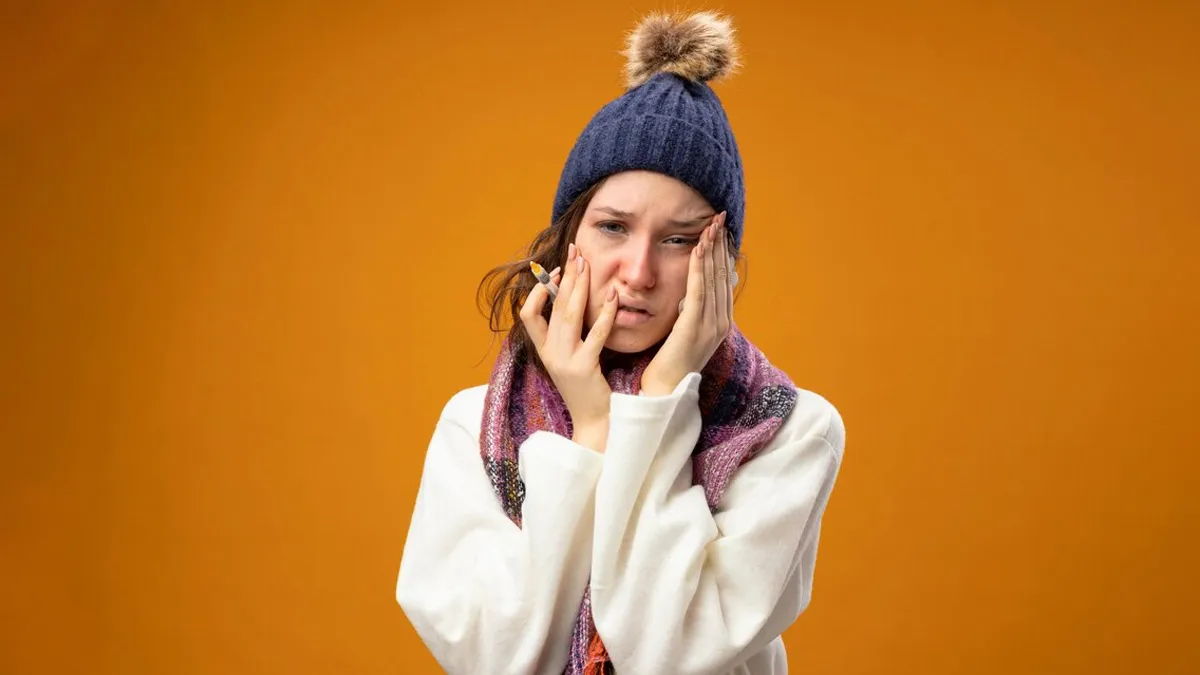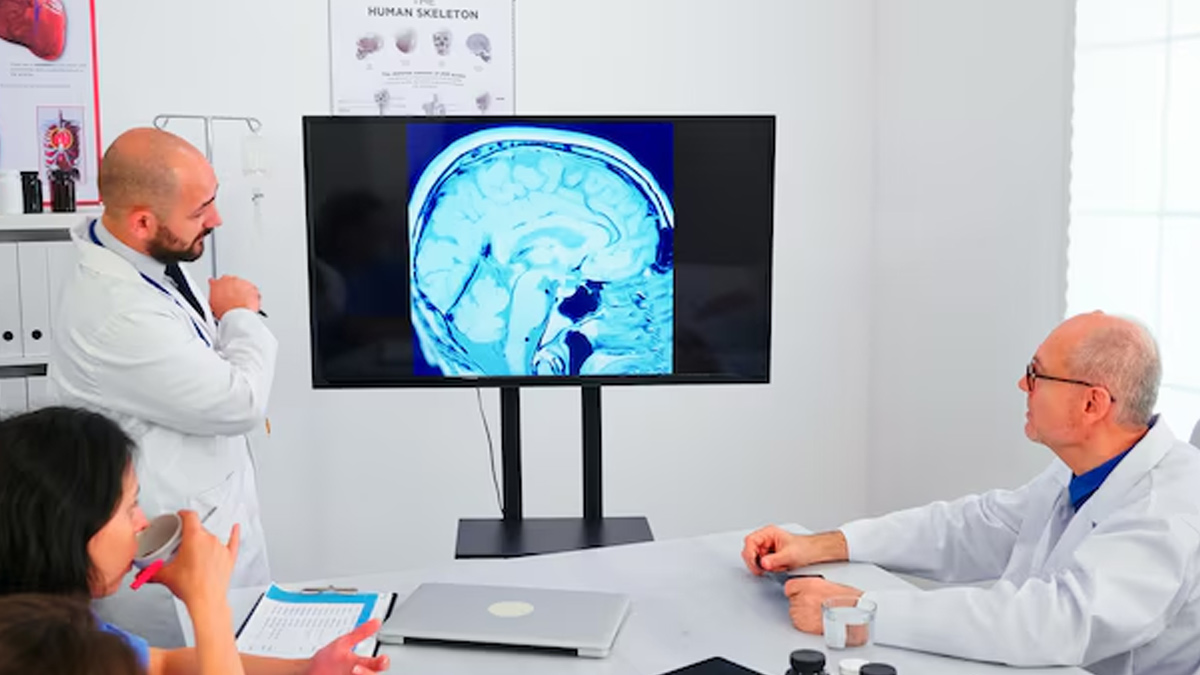
Running to our offices with our laptop bags while a murky fog entirely eclipses the metro is going to become the norm within a few days, with the chilly season manoeuvring its way into one city after another. However as the chill sets in, so does a cause for concern. In the hullabaloo of catering to our daily tasks, it so happens that we overlook the signs that our body shows, as a plea for help. For some, the colder temperatures may bring an increased risk of something far more serious– stroke, the fourth leading cause of death in India.
Table of Content:-
To get to the crux of this chilly concern, we at OnlyMyHealth spoke to an expert, Dr Rashmi Devaraj, Neurologist, Apollo Clinic, Marathahalli.
Also Read: World Stroke Day 2024: Understanding The Overlooked Gender Gaps In Stroke Care
What Is The Relation Between Cold Temperatures And Strokes?

A stroke happens when blood can’t flow properly to the brain, either because of a blockage or bleeding. It’s a serious emergency that needs quick medical help to avoid long-term damage or death. It can happen due to a blockage (ischemic stroke) or a burst blood vessel (hemorrhagic stroke). Brain cells start to die within minutes, highlighting the need for quick medical help.
According to Dr. Devaraj, colder temperatures can significantly increase the risk of strokes, particularly among vulnerable populations such as the elderly and those with pre-existing medical conditions. As temperatures fall, blood vessels tighten, raising blood pressure and putting extra pressure on the heart.This can lead to a higher likelihood of blood clots forming, which can block blood flow to the brain and trigger a stroke.
Chilly Effects On Risk Factors
She further adds,”Research has shown that for every 1°C drop in temperature, the risk of stroke increases by 1-2%. Furthermore, colder temperatures can also exacerbate underlying conditions such as hypertension, diabetes, and heart disease, making individuals more susceptible to stroke.”
Additionally, colder weather can lead to–
- Decreased Physical Activity
- Poor Diet
- Social Isolation
- Increased Blood Clotting
These factors can contribute to increased blood pressure and cardiovascular risk factors.
Signs To Look Out For

The chilly weather can sometimes exacerbate the risk of stroke owing to the aforementioned factors, as stated by Dr. Devaraj. It is essential to know of the signs of a stroke to initiate swift medical attention. According to the Stroke Association, you can remember the common signs of a stroke with the acronym FAST:
Face Drooping
If one side of the face droops or feels numb, it could be a stroke. Ask the person to smile; if their smile looks uneven or one side droops, it may be a sign.
Arm Weakness
If one arm feels weak or numb, it could be a stroke. Ask the person to lift both arms; if one arm drifts down or feels weak, this may be a warning sign.
Speech Trouble
If speech becomes slurred or hard to understand, it could point to a stroke. Have the person repeat a basic sentence. If their speech is unclear or they can’t repeat it correctly, a stroke might be occurring.
Time to Get Help
If any of these signs are present, it’s critical to act quickly. Call emergency services right away.
Other symptoms that might appear with a stroke, especially in colder weather, include:
- A sudden, severe headache.
- Difficulty walking or maintaining balance.
- Blurred or diminished vision in one or both eyes.
- Confusion or trouble understanding speech.
Also Read: High Air Pollution Alert: Toxic Smog Linked To Stroke And Lasting Brain Damage
Preventive Measures To Follow
Dr. Devaraj says that it is essential for individuals, especially those at high risk, to take preventive measures during colder months. This is what she shared with us.
- Dressing warmly and staying indoors during extreme cold snaps.
- Maintaining regular physical activity, such as indoor exercises.
- Consuming a nutritious diet packed with fruits, vegetables, and whole grains.
- Monitoring blood pressure and cholesterol levels.
- Staying hydrated and managing stress.
By taking these precautions and being aware of the risks associated with colder temperatures, we can reduce the likelihood of stroke and promote overall neuro health.
Act Fast To Save Lives (Including Yours)
As temperatures drop, our bodies face extra challenges, and one of the risks is an increased chance of stroke. Cold weather can tighten blood vessels and raise blood pressure, putting strain on your heart and brain. Staying warm, watching your health, and being alert to stroke signs can help keep you safe. So, this winter, bundle up and keep an eye out for any warning signs.
Also watch this video
How we keep this article up to date:
We work with experts and keep a close eye on the latest in health and wellness. Whenever there is a new research or helpful information, we update our articles with accurate and useful advice.
Current Version
